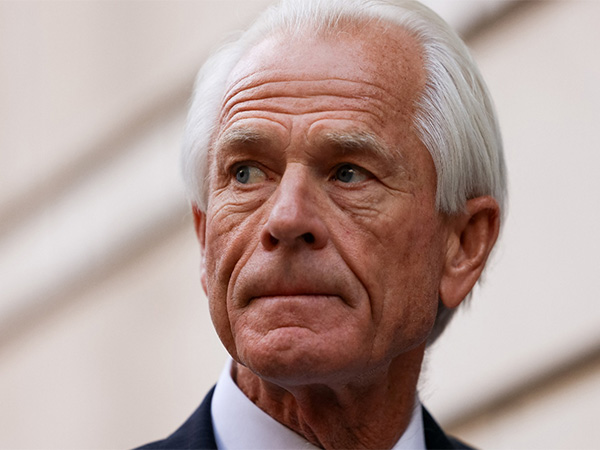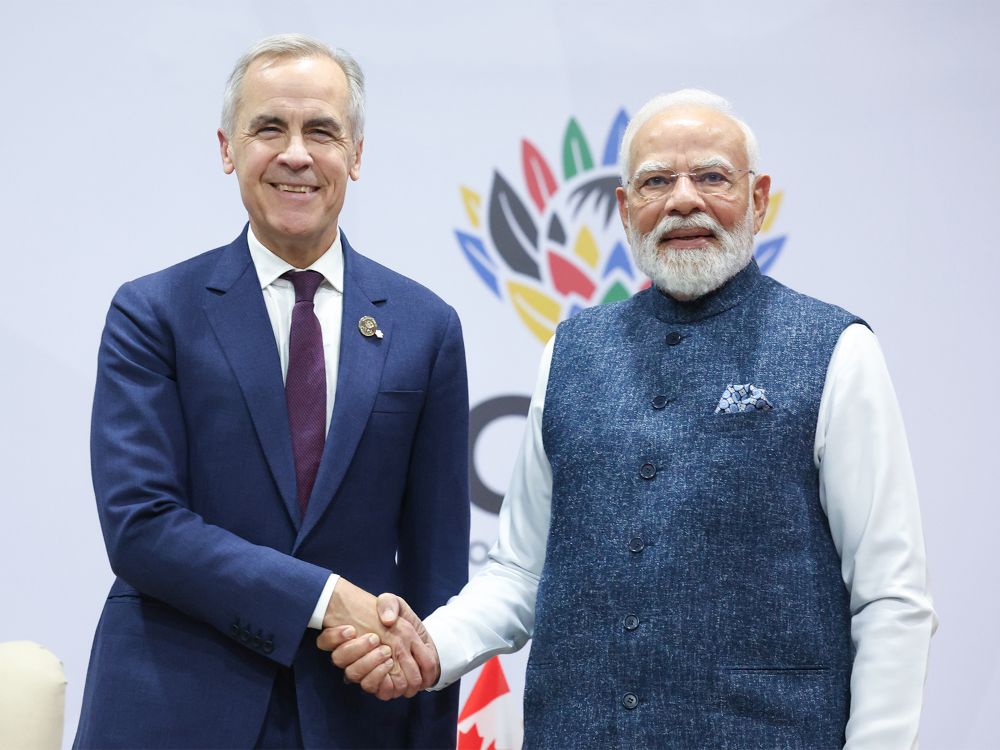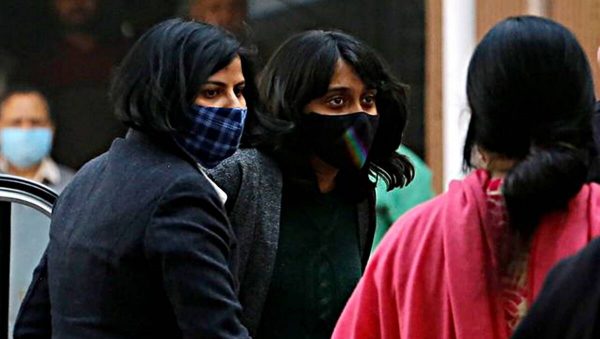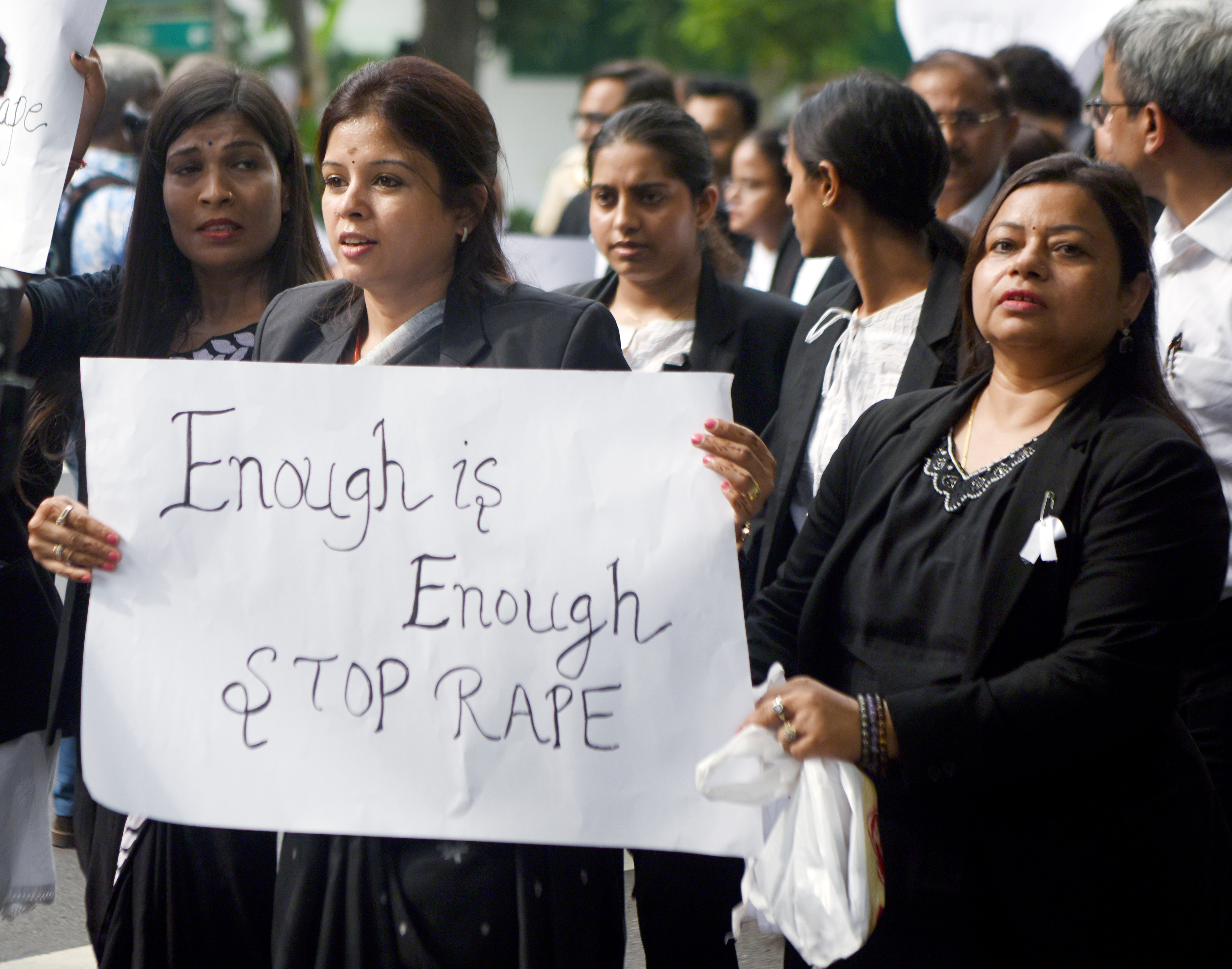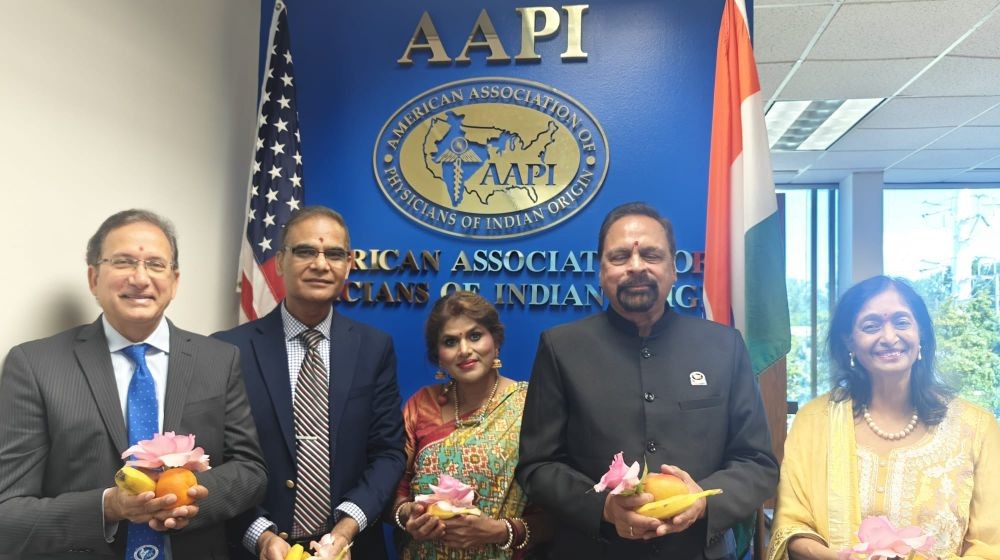Globally, more voters than ever, in over 40 countries representing 41% of the world’s population and 42% of its GDP, have a chance to elect their governments
Our Bureau
Washington
The year 2024 is set to be the mother of all election years, with more than 40 countries set to head for polls over the year. Globally, more voters than ever in history will head to the polls this year. The electoral process starts with Taiwan in January and culminates with the US elections in November. Over 40 countries representing 41% of the world’s population and 42% of its gross domestic product will have a chance to elect their leaders.
Apart from India, people in Indonesia, Pakistan, Bangladesh, South Africa, Russia, Ukraine, the United States, Taiwan, Mexico, Venezuela, and close to 9 nations from Europe will be participating in the electoral exercise. British Prime Minister Rishi Sunak, too, has signaled that elections in the UK are likely to be called sometime in 2024.
The ‘most watch out’ for election will be the November one in the US, where former President Donald Trump is eyeing a return to the White House.
In Pakistan, elections have been postponed to February amid political and economic uncertainties that have included the ouster and imprisonment of former prime minister Imran Khan, the return of former premier Nawaz Sharif, and persistently high inflation.
Russia is scheduled to hold elections with all eyes on President Vladimir Putin — already the longest-serving Russian leader since Joseph Stalin.
“Elections are opportunities for political turnover,” says Seema Shah, head of the democracy assessment team at the Stockholm-based think tank International Institute for Democracy and Electoral Assistance (International IDEA). “All the 2024 general elections carry a great deal of weight, especially for the people who are voting. At the global level, many eyes will be on India, the US, South Africa, Mexico and the European Parliament.”


















